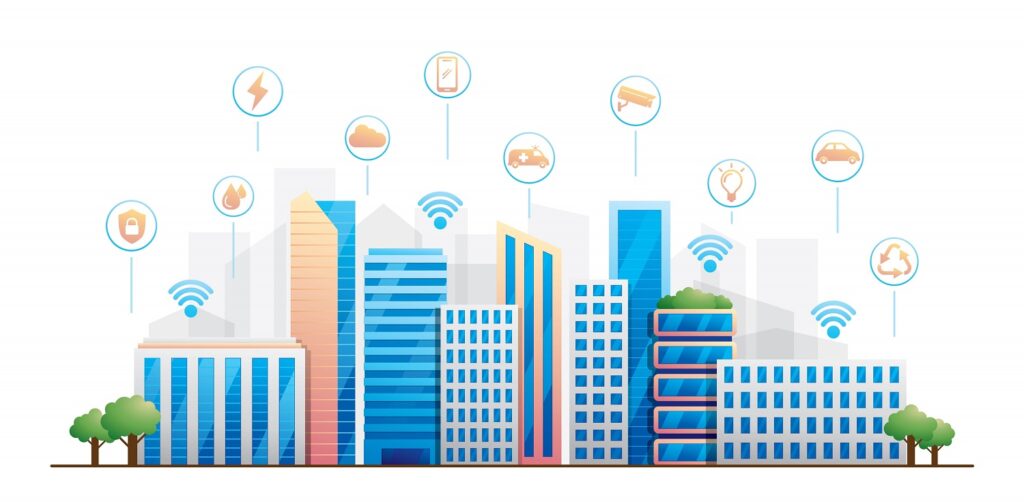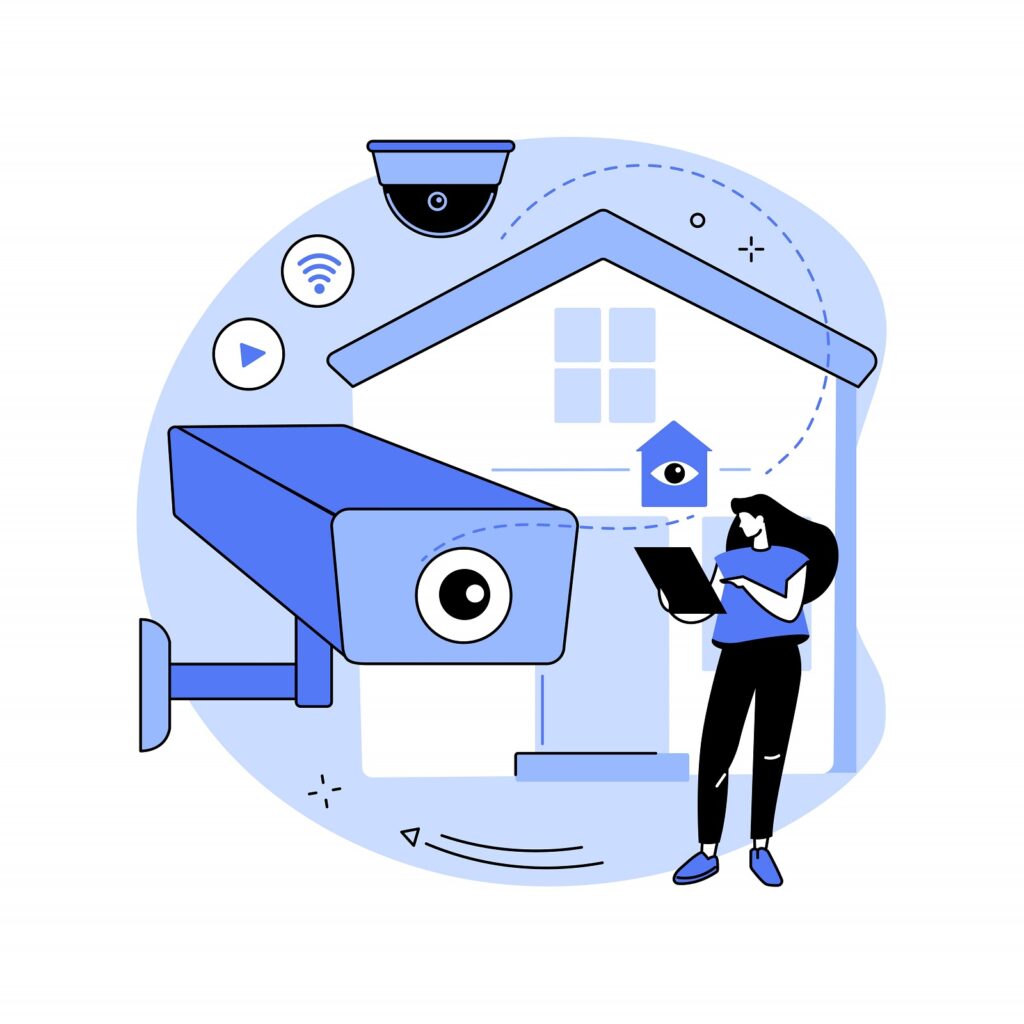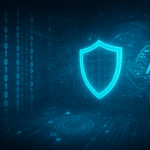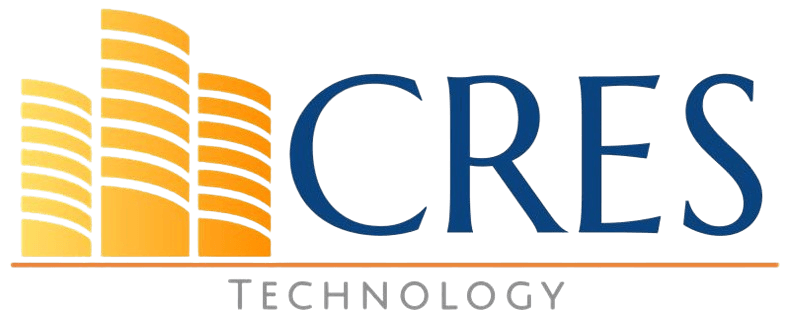
If your building starts talking to you, don’t worry, you’re not going crazy. You’re just experiencing the wonders of IoT in CRE. The Internet of Things (IoT) is revolutionizing the way we interact with our environment, transforming mundane objects into smart devices that can communicate with each other and make decisions on our behalf. In the realm of commercial real estate (CRE), IoT technology is opening new opportunities for property owners and managers to improve operational efficiency, reduce costs, and enhance tenant satisfaction. In this article, we will explore the benefits of IoT in CRE.
What is IoT?
Simply put, IoT refers to a network of interconnected devices that communicate with each other to provide meaningful data. These devices can be anything from sensors and cameras to machines and appliances. They collect and exchange data in real time, providing valuable insights into how things work and how they can be improved.
How does IoT work?
IoT devices are equipped with sensors that collect data on a particular aspect of their environment. This data is then transmitted over the internet to a central system, where it is analyzed and processed to provide insights. For example, a smart thermostat may collect data on the temperature and humidity of a room and use this data to adjust the temperature automatically.
Benefits of IoT in CRE
Now, let’s look at how it can benefit Commercial Real Estate.
Increased efficiency
IoT can help CRE owners and managers make better use of their resources, leading to increased efficiency. For example, IoT sensors can be used to monitor energy usage in a building, identifying areas where energy is being wasted and suggesting ways to reduce consumption. This can lead to significant cost savings over time.
Improved tenant experience
Improve the tenant experience in CRE with IoT. For example, smart building technology can be used to provide personalized experiences to tenants. This could include customized lighting and temperature settings, as well as automated check-in processes.
Enhanced safety and security

IoT can also be used to enhance the safety and security of properties. For example, smart cameras and sensors can be used to monitor potential safety hazards and security threats. This data can be analyzed in real-time, allowing for quick response times to any issues that arise.
Predictive maintenance
IoT can also be used to predict and prevent maintenance issues in CRE. With the help of sensors, data analytics, and machine learning, property managers can predict when equipment is likely to fail and schedule maintenance before a breakdown occurs. This can help to reduce emergency maintenance calls and improve overall tenant satisfaction.
Challenges of IoT in CRE
With benefits, here are some of the challenges to consider while implementing IoT.
Complexity
IoT can be complex to implement and manage, especially in large Commercial properties. It requires significant upfront investment in hardware, software, and infrastructure, as well as ongoing maintenance and support.
Security
IoT devices are vulnerable to security threats, such as hacking and malware attacks. Property owners and managers must take steps to secure their IoT devices and networks to prevent these threats.
Data privacy
IoT devices collect a lot of data, which can be sensitive and private. Property owners and managers must ensure that they are collecting and storing this data in a secure and responsible manner, in compliance with applicable laws and regulations.
Conclusion
The Internet of Things (IoT) is a game-changer for the real estate industry, offering new ways to optimize operations, reduce costs, and enhance the tenant experience. By leveraging IoT technology, property owners and managers can gain valuable insights into their assets, improve energy efficiency, and create a more comfortable and healthier environment for tenants. However, implementing IoT in CRE requires careful planning, investment, and collaboration with technology providers and service partners. Understanding the basics of IoT and how it can benefit us is the first step toward realizing the full potential of this transformative technology.
How can we help:
We provide IT services for small and mid-sized companies to help them gain a competitive edge. The Building Management Systems (BMS) are typically provided by 3rd party vendors for monitoring and control of packaged units such as HVAC, boilers, chillers, fire suppression, energy consumption, lighting, security cameras, etc. However, the real estate industry is now realizing the benefits of Fully Integrated Digital Transformation. Benefits include Smart Controls, Utility Optimization for Better Energy Management, Data Analytics for Intelligent Asset Management, Improved Reliability, and Preventive Maintenance.
CRES Technology can perform a preliminary analysis of your current state of Building Management Systems (BMS) to determine if you are realizing the true benefits of it. We will then propose recommendations for your ideal future state to set you on a course for digital transformation.
About Waqar Hussain

CRES Technology – Director of IT Services
A technology leader with outstanding knowledge, technical expertise, and a proven track record of leading complex infrastructure projects and managing help desk teams.





